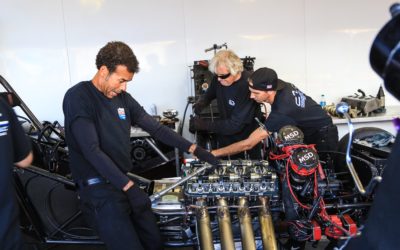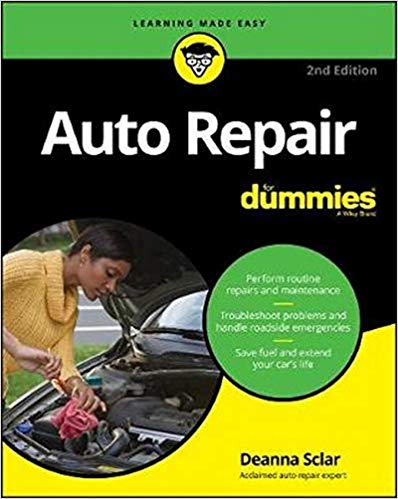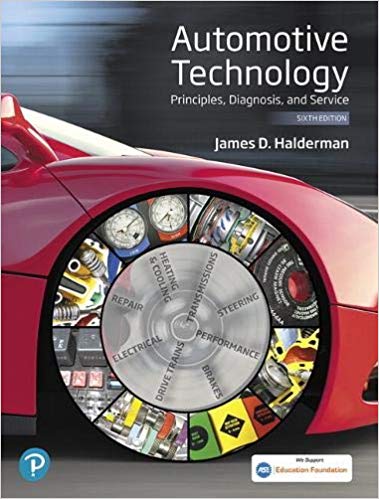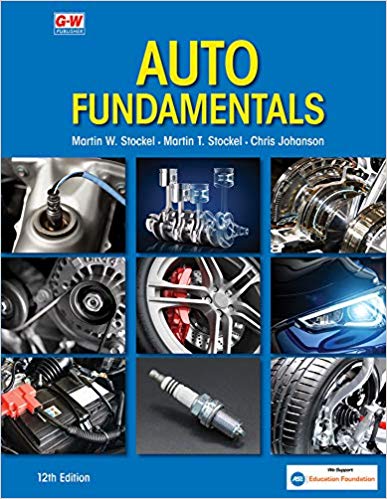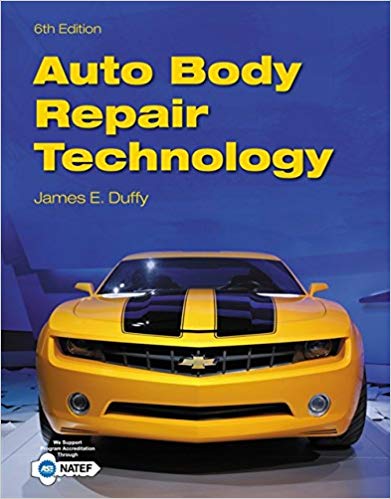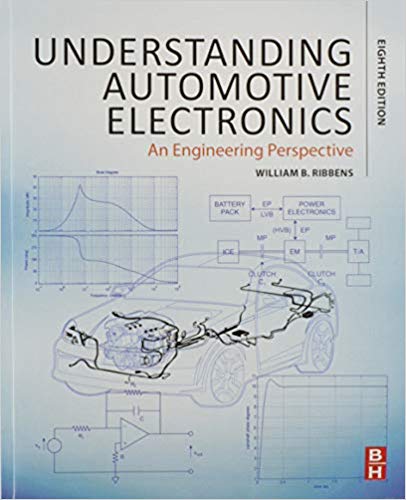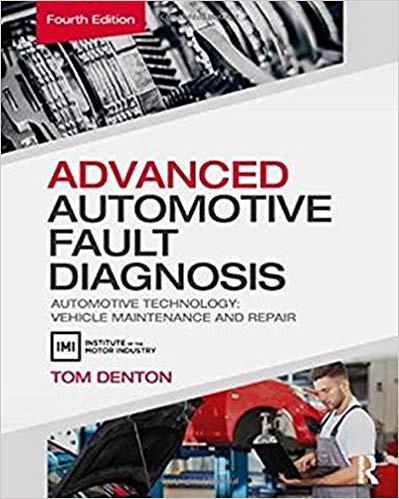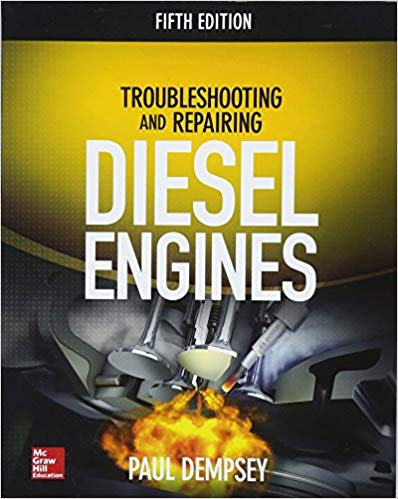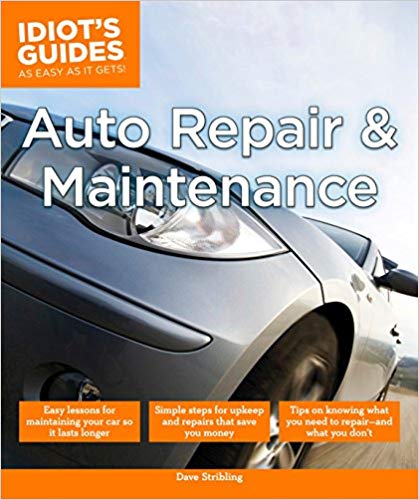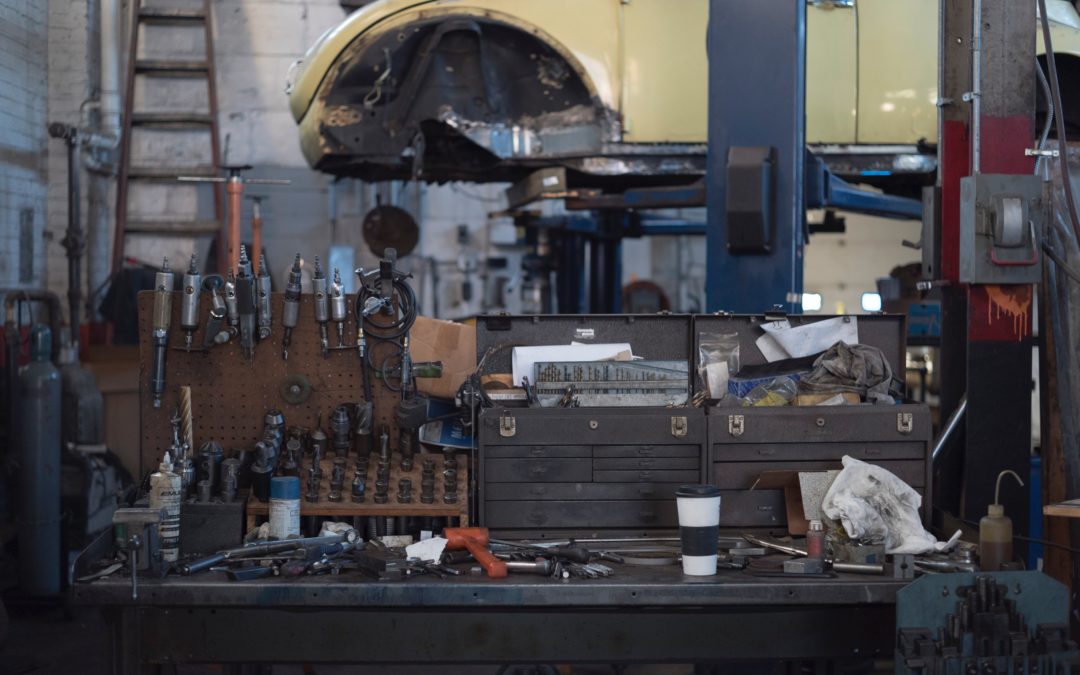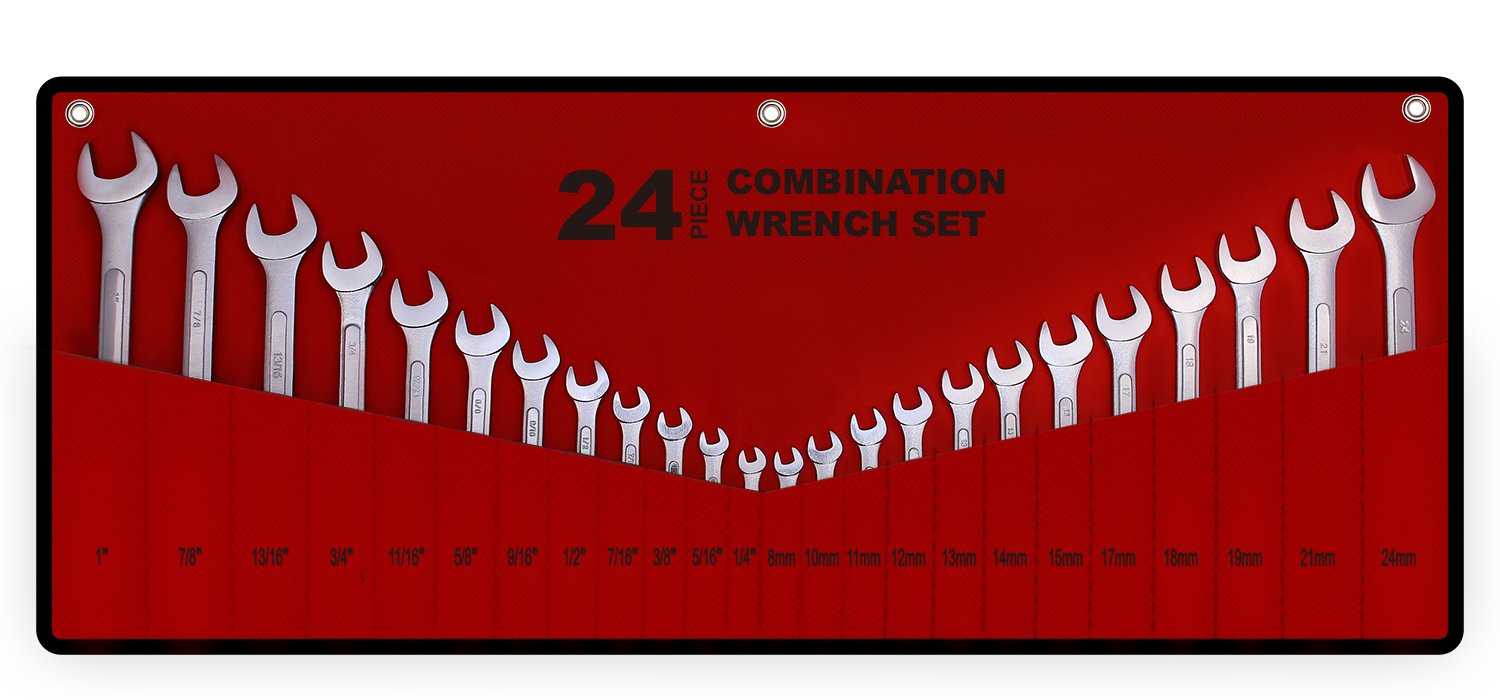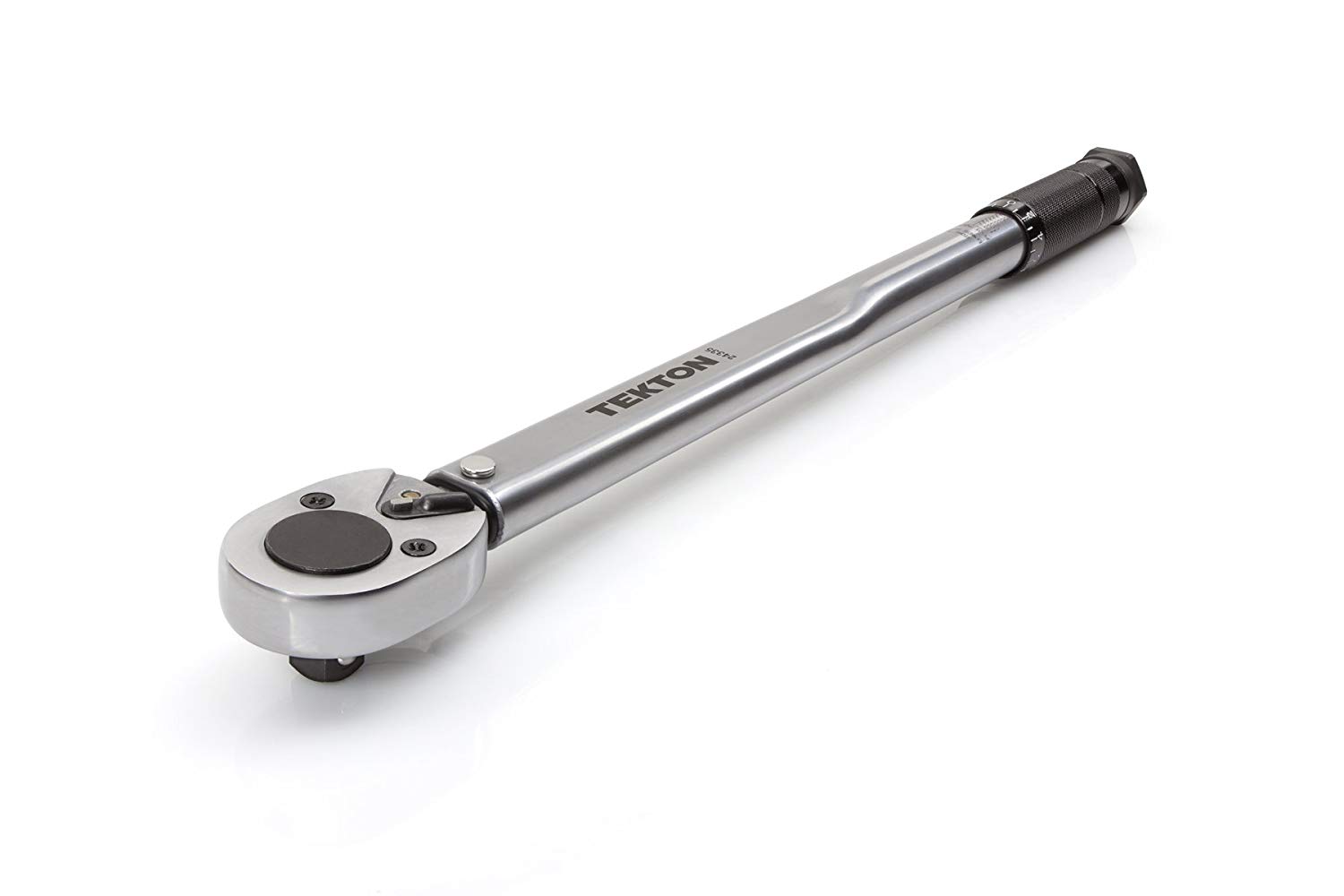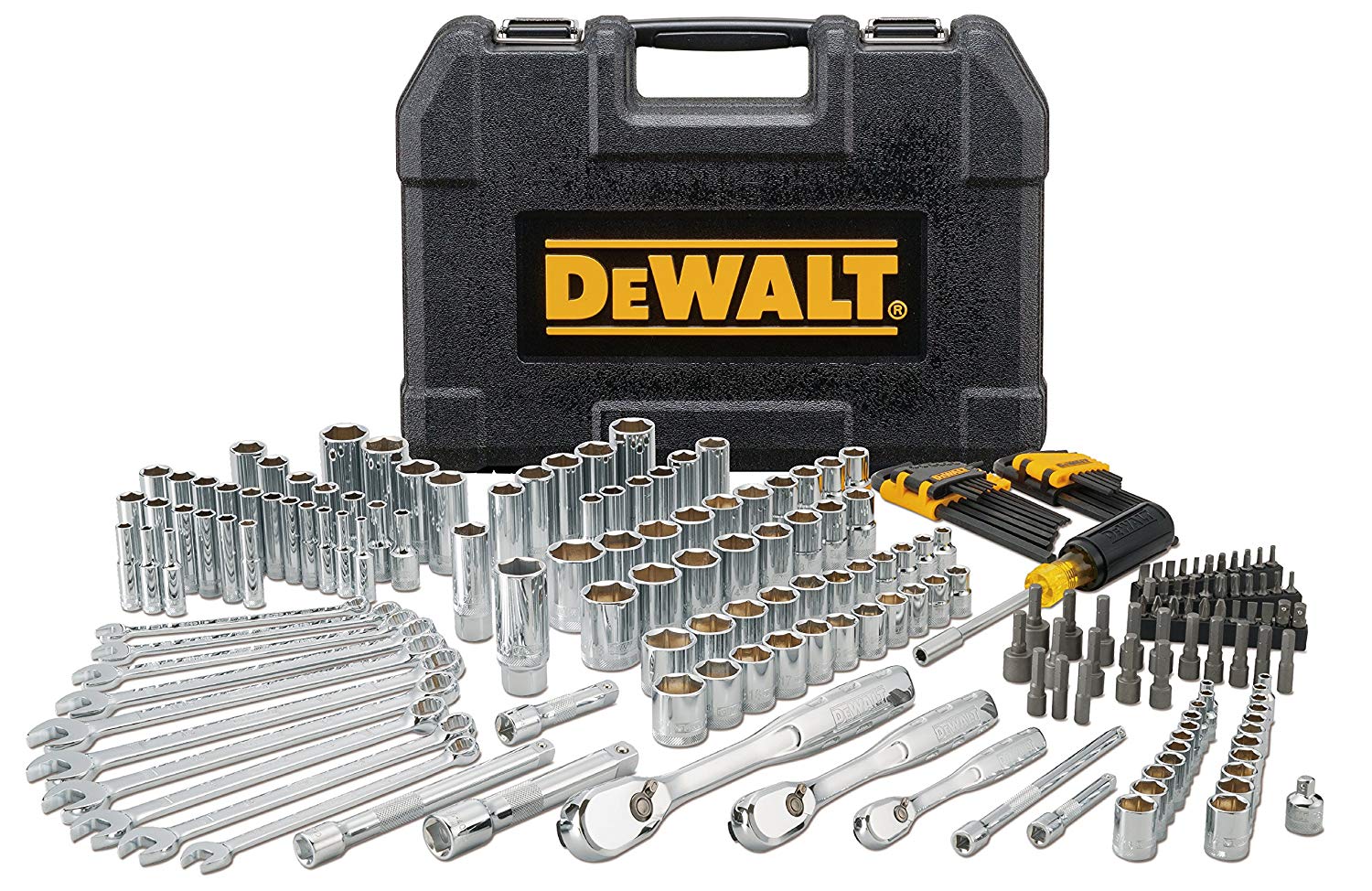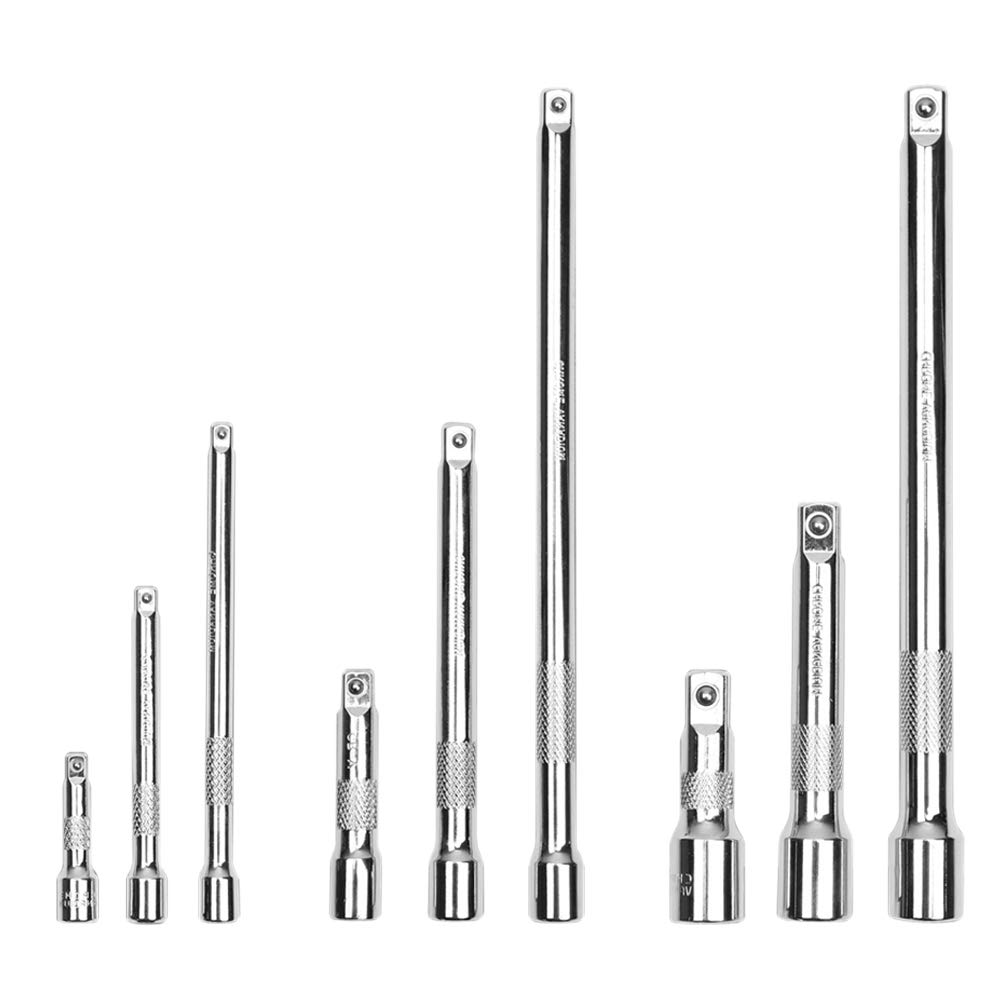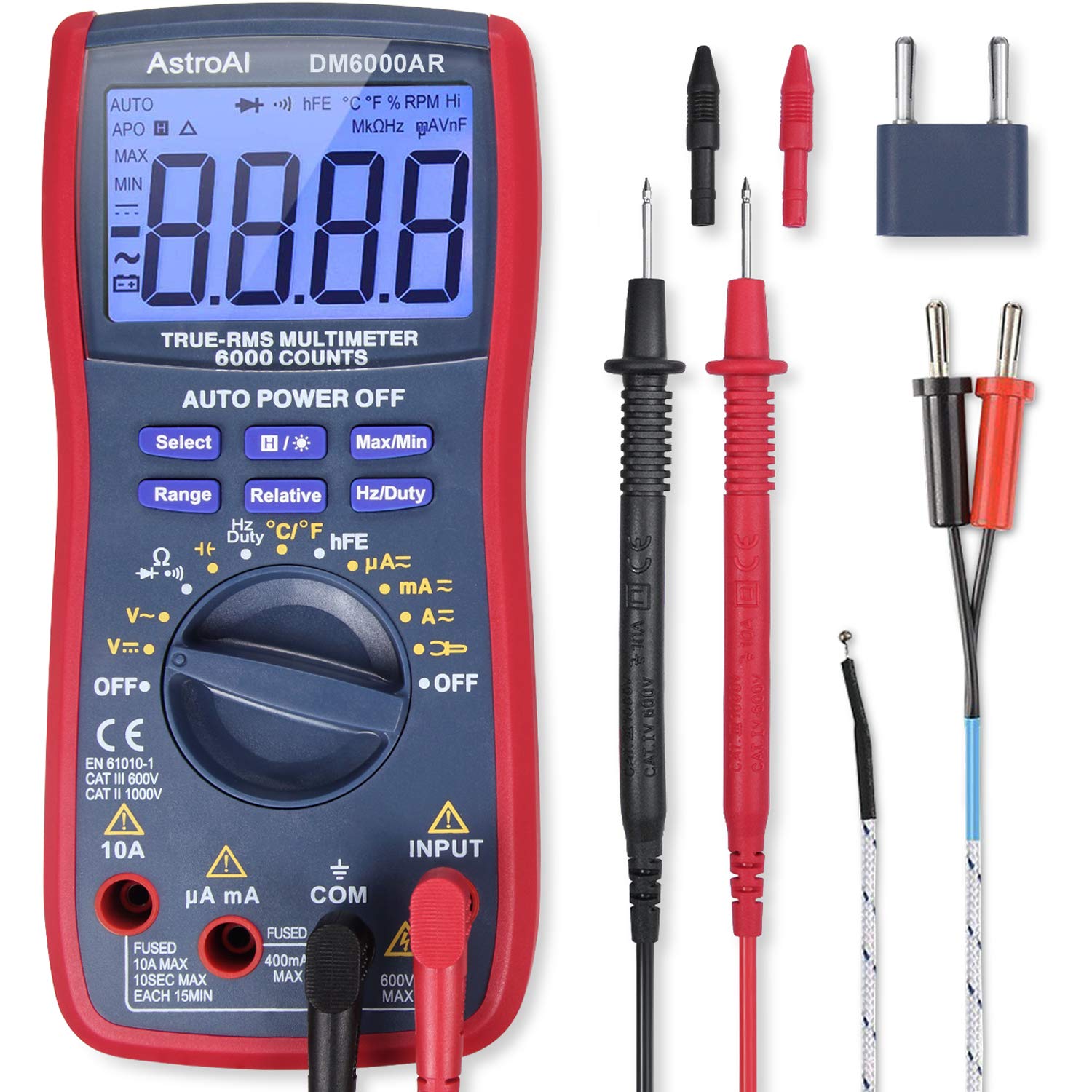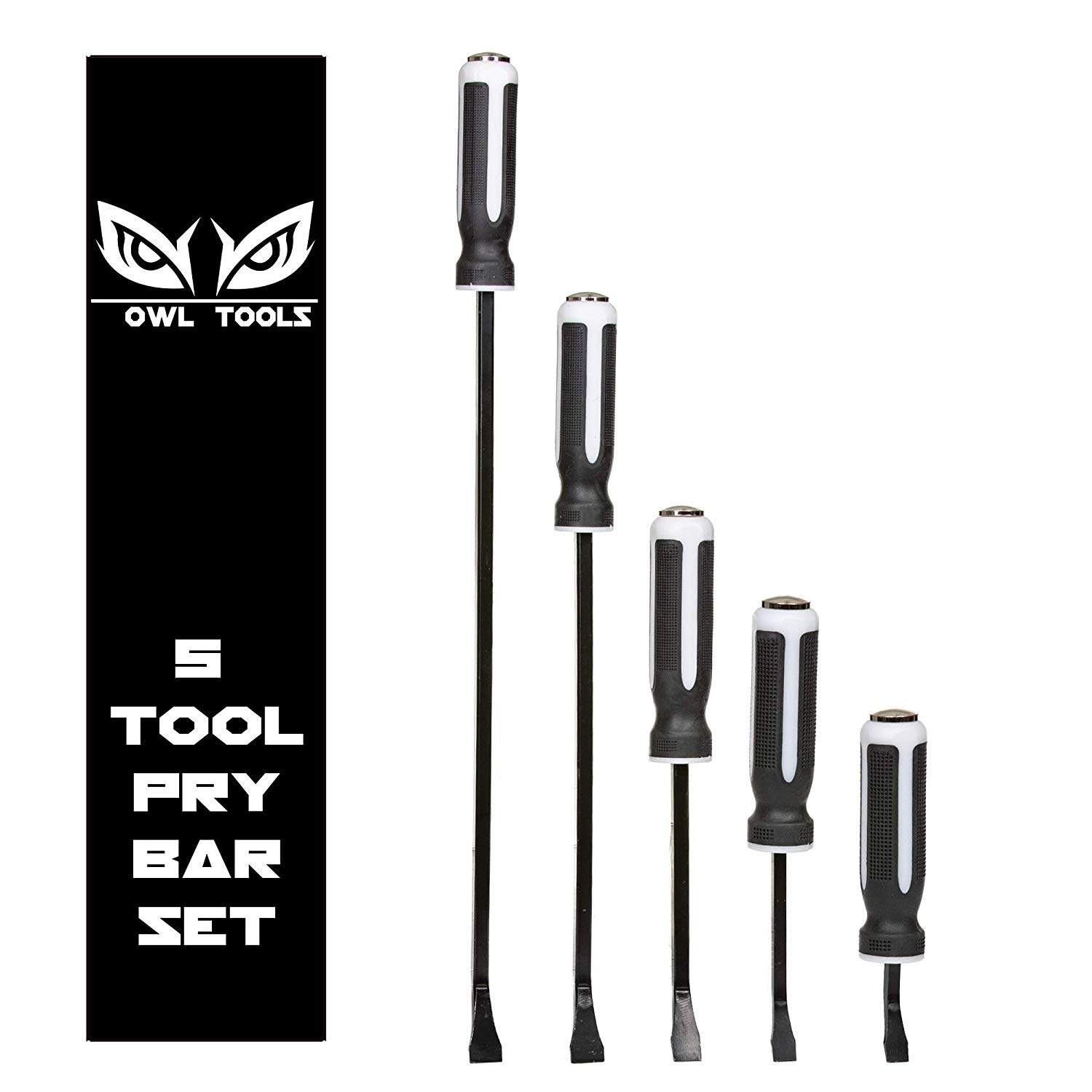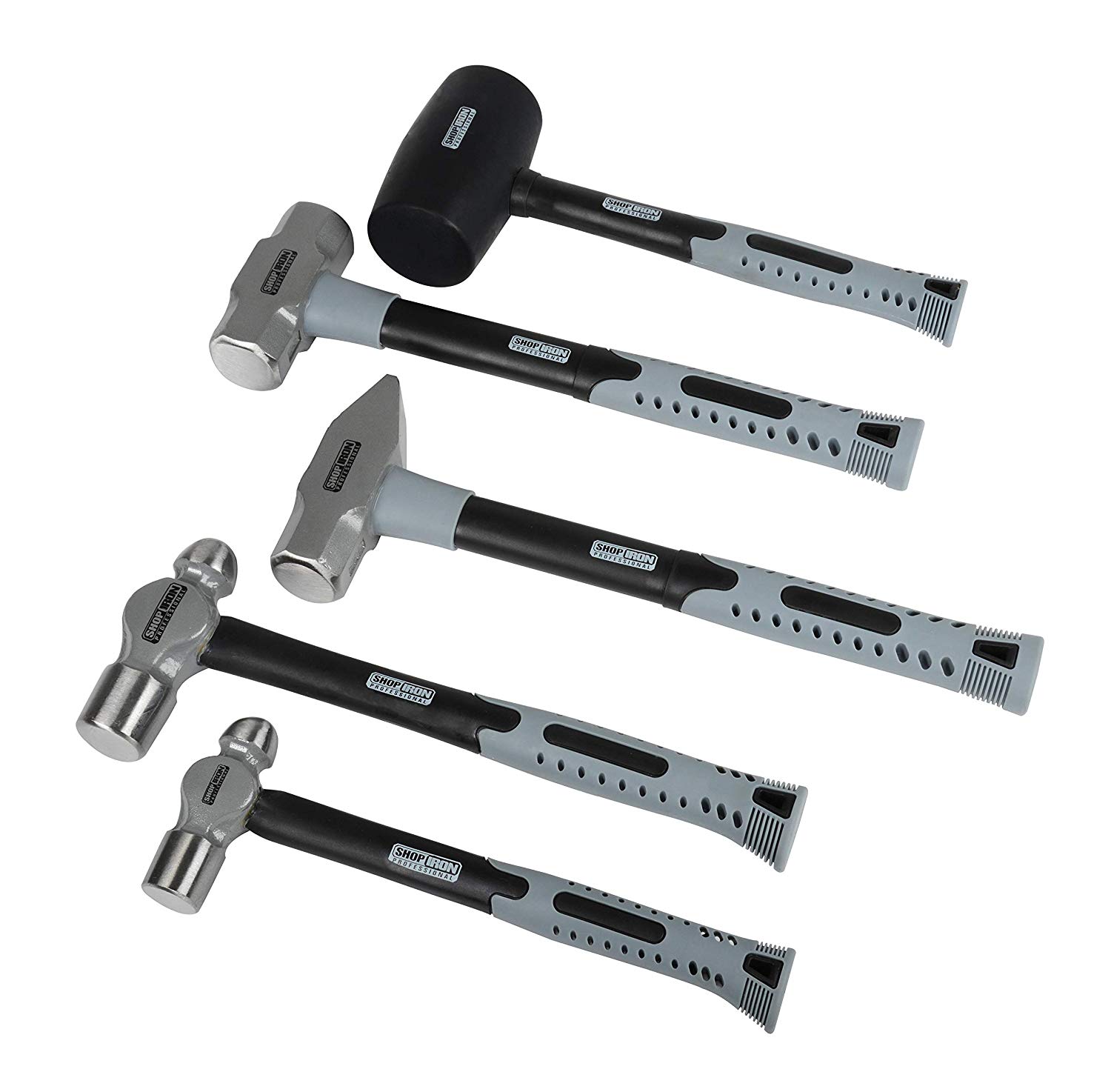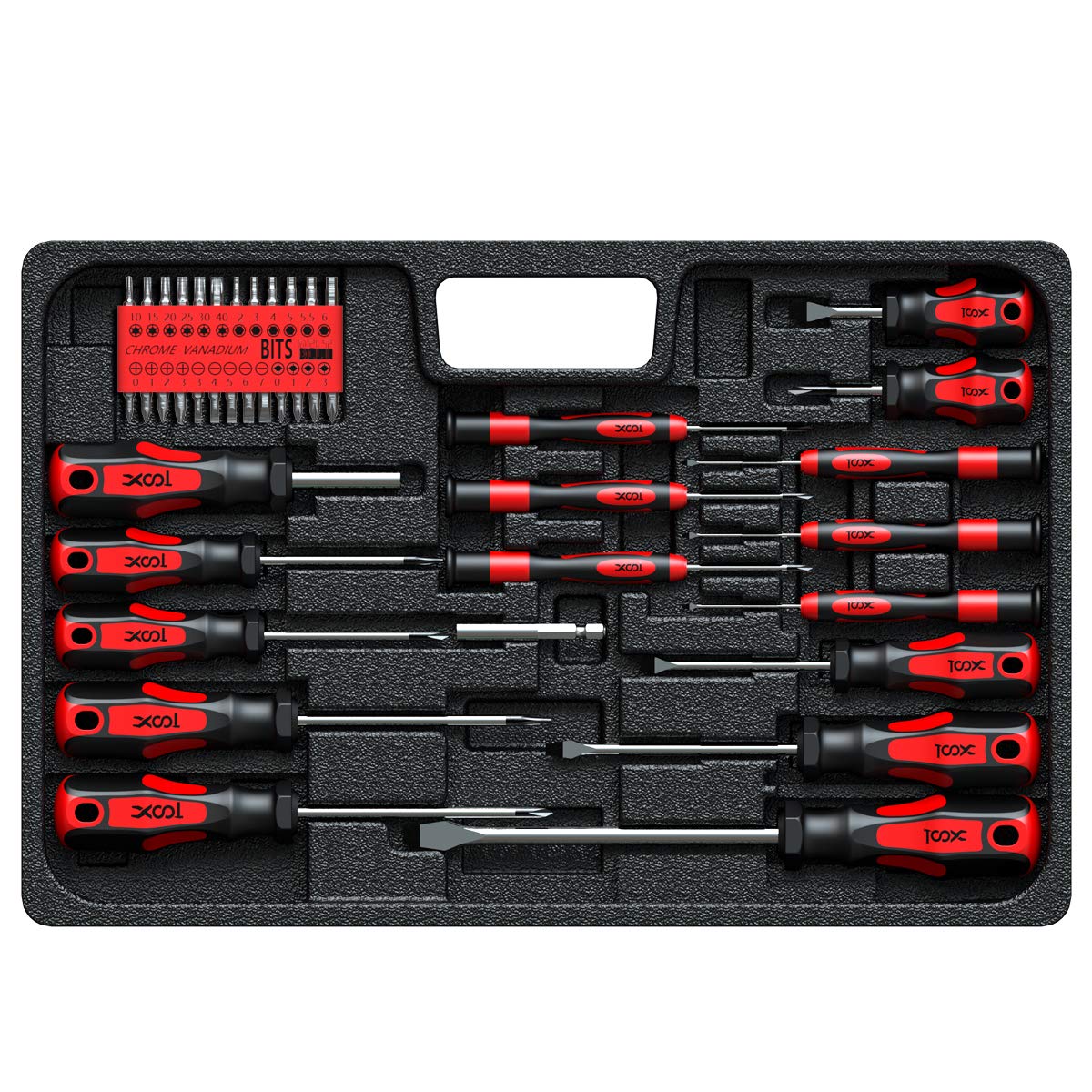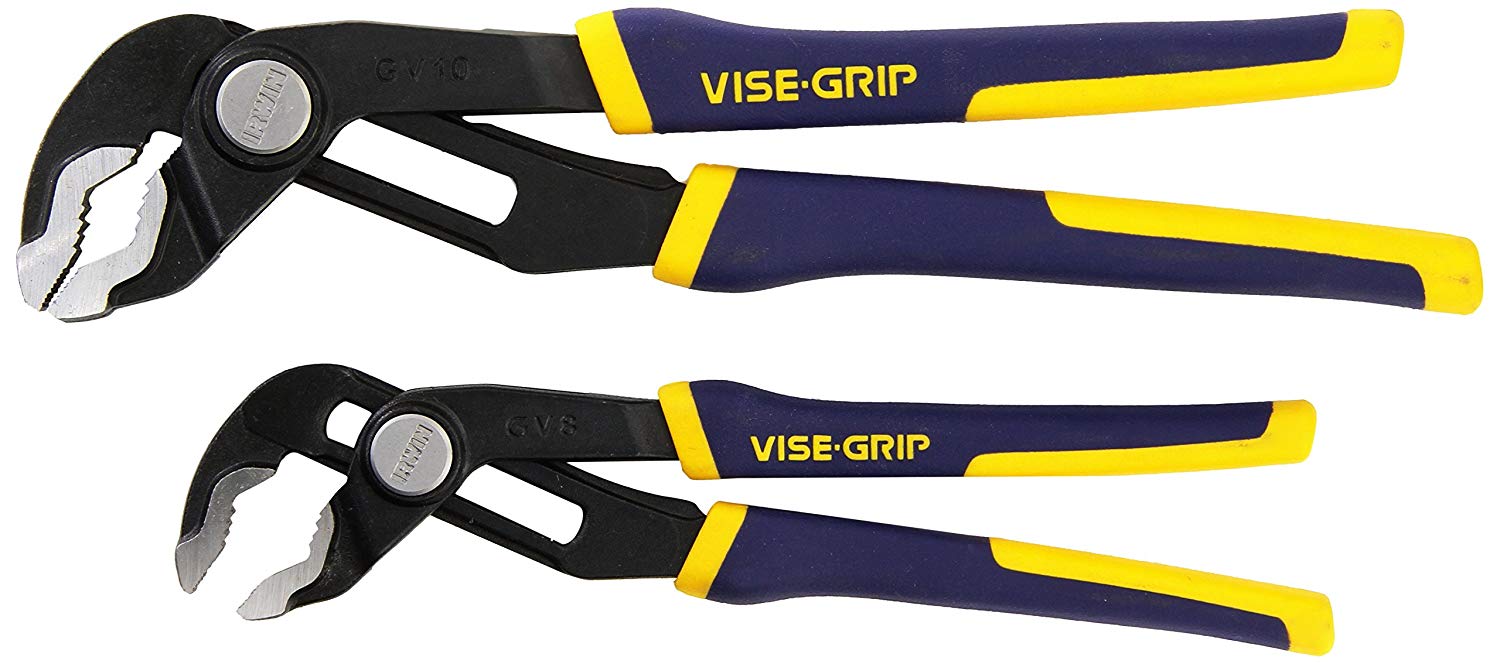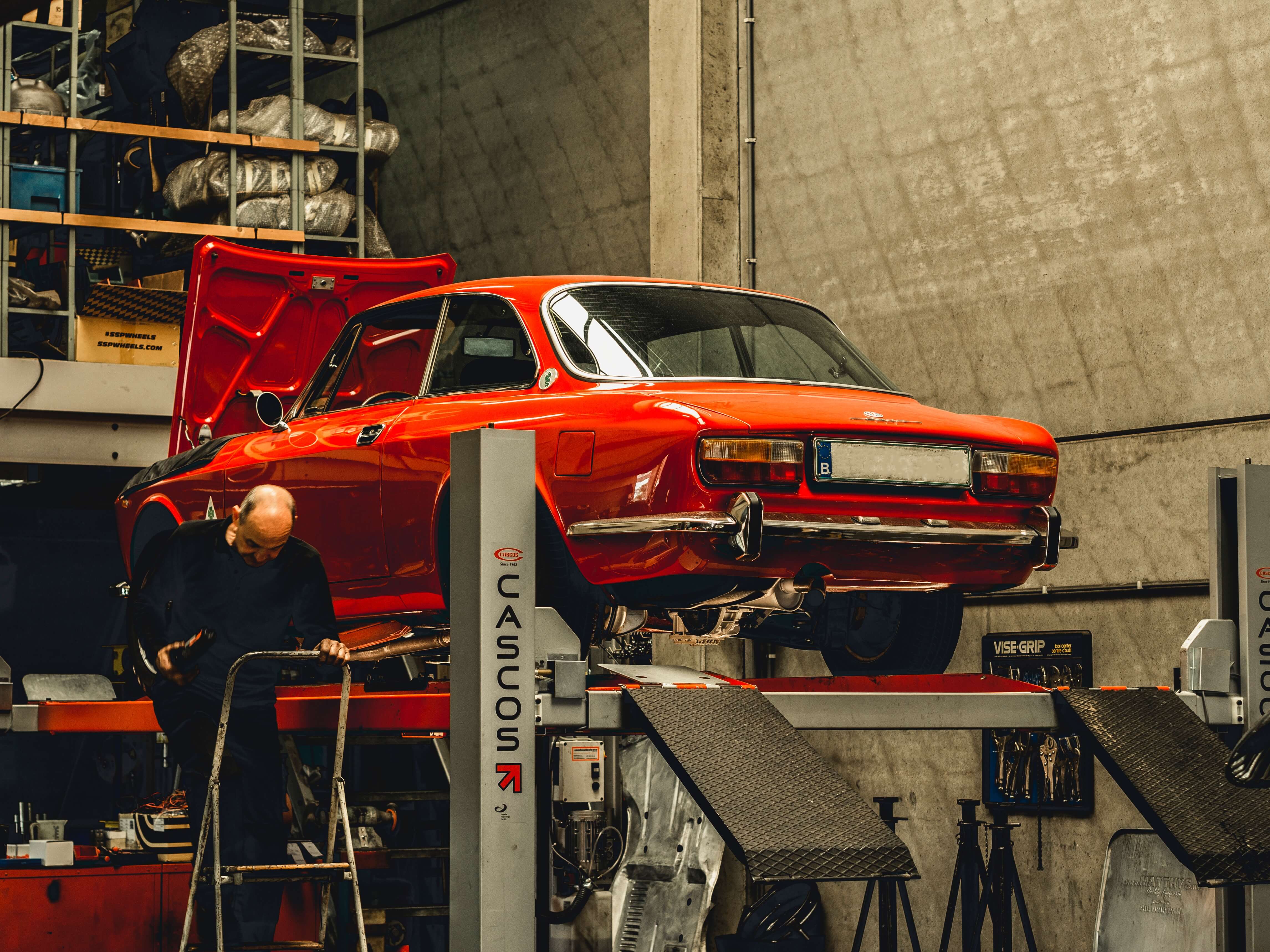Even though many use them interchangeably, auto mechanics and technicians are not the same. Here are their differences: automotive technician vs. mechanic.
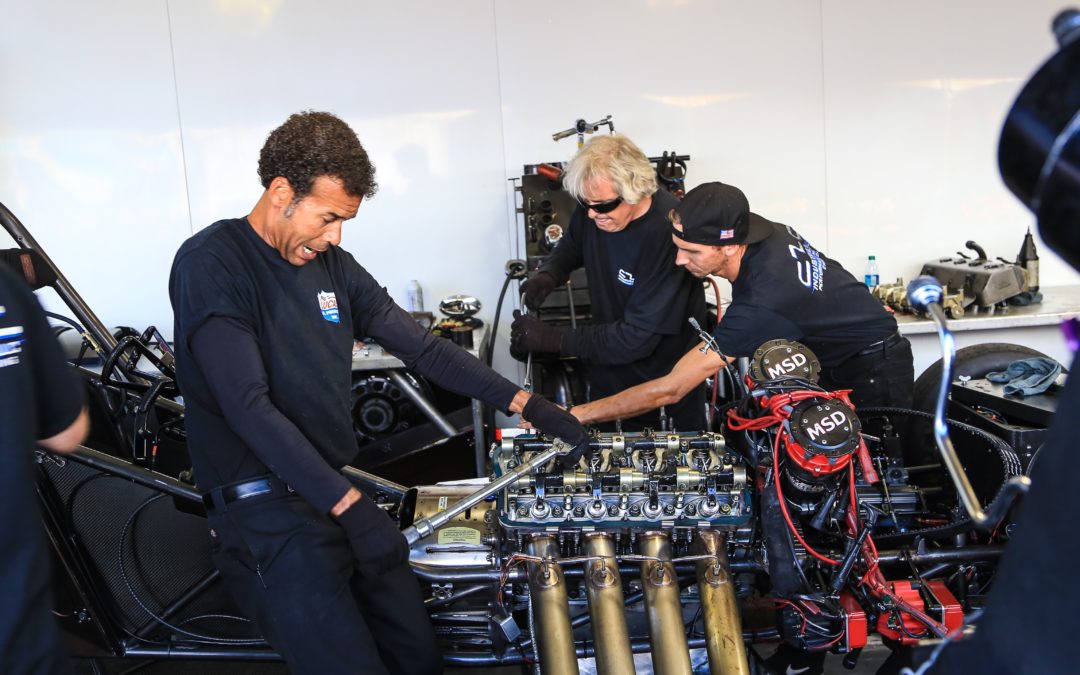
Automotive Technician vs. Mechanic
Automotive Technician vs. Mechanic
Many of us refer to automotive technicians and automotive mechanics as the same thing. This is not the case, here we look at automotive technician vs. mechanic.In today’s world, we commonly use the terms auto mechanic and auto technicians interchangeably. I bet you have used or heard these terms before, be it in an auto dealer, garage or factory. But do you know what the difference between the two are?
Sometimes people interchange these words. Yet, the fact remains, an auto mechanic differs from an auto technician. Though they can perform the same tasks when the need arises.
For a complete understanding of the Automotive technician vs mechanic topic, we need to shake off what we know and be ready to dive deeper and view each profession separately.
In this article, we will explain the difference between technicians and mechanics, their similarities and the role they play in the automotive industry.
Role of an Auto Technician
One glimpse at the mere title of auto technician reveals the highly technical nature of this job.
Today’s cars use complex and specialized computer systems, much more than their predecessors. This means there are a lot of diagnostics involved in repairing the vehicle and it’s therefore critical to understand how all the parts interact and work cohesively. This is exactly where the auto technician comes in to the picture.
Auto technicians are trained to work and interact with computers and other compatible equipment in cars to diagnose problems. They use their training, extensive experience and knowledge to diagnose and determine problems, whether mechanical or electronic. In simple terms, auto technicians are more suited to provide in-depth analysis, diagnostics and repairs.
Apart from providing repair services, they also discuss the mechanical issues with their clients to better their relationship and build trust.
To fully understand the complexities of the vehicle’s computer systems, most automotive technicians specialize in specific car models or manufacturers.
Most auto technicians job’s require the general knowledge of all the mechanical parts of a car. Sometimes they have to perform the duties of auto mechanics. Hence the saying,
“All technicians are mechanics, but not all mechanics are technicians.”
Common Tasks
• Creating estimates of the cost of repairs
• Communicating with customers about repair costs and progress
• Carrying out the extensive diagnostic procedure to identify problems and provide accurate repair recommendations
• Be knowledgeable of the current industry best practices in automotive repair
• Inspecting and repairing computer systems in vehicles
• Maintain accurate and legible paperwork for work and customers
• Keeping an inventory of parts and order necessary parts from manufactures
• Using testing tools to ensure that repairs are effective
Role of an Auto Mechanic
With the rapid growth of car technology, we can no longer depend on the socket set and wrench to remedy every engine problem. There is a need for adoption of a higher level of sophistication, so we can repair and fix the computerized systems integrated within modern vehicles.
All automotive repair shops must now be equipped with diagnostic tools specific to vehicle repair and maintenance. As a result, mechanics working on various vehicles need to know how to utilize these sophisticated tools, thus erasing the old perception of mechanics.
Automotive repair is now less about wrenching, but about quantitative analysis and critical thinking. The new generation of auto mechanics need to be equipped to handle every mechanical aspect of an automotive.
Although mechanics can be specialized like technicians, it is more rare. They do less diagnosing but a lot of repairs on a variety of issues from broken radios, worn out radiator cables, leaking gas tanks and everything else that falls in the mechanical bracket. Some mechanics focus on general maintenance and repairs, while others specialize in specific parts of the cars.
With additional education and experience, auto mechanics can rise to positions of auto technicians and even manage their auto repair shops.
Common tasks for auto mechanics include:
• Conducting test driving vehicles
• Replacing auto parts and performing automotive maintenance duties to keep vehicles in good condition
• Managing and maintaining equipment, machinery and tools in good working conditions
• Provide excellent automotive mechanical services to ensure total customer satisfaction
• Performing regular maintenance checks
• Identifying, diagnosing and repairing malfunctioning parts of the vehicles
• Conducting general and specific repairs and replacing malfunctioning parts
• Following safety measures and protocols when performing repairs
• Performing necessary administrative operations
Certification and Training
1. To become an auto technician
An aspiring auto technician can earn an associate degree through a college or start an apprentice in an automotive manufacturer or dealership. Automotive technician students work as trainees under the supervision of an expert in order to gain more skills in various repairs as they take on more responsibilities. To be a certified auto technician, you need at least 2-3 years of experience and an Automotive Service Excellence (ASE) certificate, or a certificate from the Society of Automotive Engineers (SAE). After completing formal education, auto technicians may also need in-house training to operate all auto repair tools and to use different diagnostic equipment.

2. To become an auto mechanic
Although a high school certificate is a minimum requirement for an auto mechanic, employers often desire auto mechanics who have finished a certificate or associate degree in automotive technology. Most auto mechanics earn voluntary certificates to improve their job prospects. Auto mechanics get their certificates from the National Institute for Automotive Service Excellence (ASE). This organization offers certification in eight areas of auto mechanics. It is highly recommended that you invest your time to earn these certifications. The training of an automotive mechanic takes a couple of months of working as part of a team or independently under the supervision of an expert. The training experience helps mechanics implement what they have learned from whatever education they received. Once certified in all eight automotive specialty areas offered by ASE, you can become a master auto mechanic.

Similarities
When comparing automotive technician vs. mechanic, we must look at the job outlook. As far as salary goes, the US Bureau of Labor Statistics places auto mechanics and technicians in the same category, which ranges between $25,000 and $69,000. On the outside, auto mechanics and auto technicians perform the same task, they fix cars. We entrust them with identifying problems and conducting repairs on cars.
The fact is, the thin line that used to separate auto mechanics from auto technicians has become very blurred, to the point that each shop could have different tasks for the two. Don’t be surprised to find many automotive shops, garages, and factories using the two terms interchangeably when talking about those who carry out repair works and services to automobiles. Auto mechanics and technicians’ jobs are similar and rely on the technical experiences, and skills gained through the years. Both work with clients and use their knowledge to remedy complex mechanical problems.
The Future for Auto Technicians and Mechanics
With complex car systems being developed every year, the need for further specialization in the auto repair industry increases. Therefore, both auto mechanics and auto technicians are crucial in today’s world. The title of the job doesn’t matter as long as you can keep up with the latest technologies and address the concern of your clients by building trust and confidence required for every repair or maintenance.
If either of these roles sound good to you, we have many resources you can use to get on your way. You can find the perfect school by digging through our directory or by simply filling out a form and let the schools come to you. Or, if you are not ready to look for a school, we have many other resources for aspiring auto mechanics to dive into.
If you have any questions, do not hesitate to ask.
Explore More Resources for Mechanics
Automotive Technician vs. Mechanic
Certificate vs. Associate Degree
There are many different types of training you can get in automotive technology. Here we look at a certificate vs. associate degree in automotive technology.
Best Auto Mechanic Books
Whether you are off to mechanic school or starting to work on your own cars, you will need automotive repair books. These are the best auto mechanic books.

